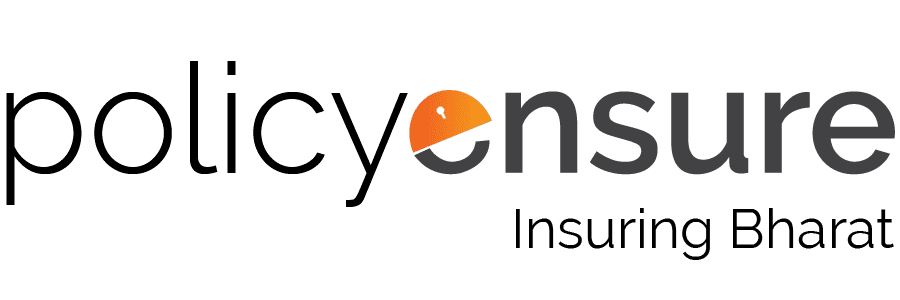Navigating Monsoon Hazards: How Motor Insurance Companies Mitigate Risks
The monsoon season brings much-needed relief from the scorching heat, but it also presents numerous challenges for vehicle owners. From slippery roads to unexpected floods, driving during the monsoon can be treacherous. This is where a reliable car and motor insurance agency becomes invaluable. Motor insurance companies play a crucial role in mitigating risks associated with monsoon hazards, ensuring that your vehicle remains protected during this unpredictable season.
The Impact of Monsoons on Vehicles
Monsoons can cause significant damage to vehicles in several ways:
Flooding: Heavy rainfall can lead to waterlogged streets, increasing the risk of water entering the engine and other critical parts of the vehicle.
Accidents: Slippery roads and reduced visibility due to heavy rain can result in more frequent accidents.
Electrical Failures: Moisture can seep into electrical systems, causing malfunctions.
Rusting: Constant exposure to water can lead to rusting and corrosion of the vehicle’s body and parts.
How Motor Insurance Companies Mitigate Risks
Motor insurance companies offer various policies and services designed to protect vehicle owners from the adverse effects of monsoon-related hazards.
Comprehensive Coverage
A comprehensive motor insurance policy covers a wide range of damages, including those caused by natural disasters like floods. This ensures that if your vehicle suffers water damage, you are financially protected. Comprehensive coverage includes:
Flood Damage: Protection against damages caused by water entering the engine, electrical systems, and interior.
Accidental Damage: Coverage for repair costs in case of accidents due to slippery roads.
Theft and Vandalism: Protection against theft or vandalism, which can sometimes increase during the monsoon season.
Add-On Covers
To enhance the protection provided by a standard policy, motor insurance companies offer add-on covers that address specific monsoon-related risks. Some valuable add-ons include:
Engine Protect Cover: This add-on covers the cost of repairing or replacing a water-damaged engine, which is often excluded from standard policies.
Zero Depreciation Cover: Ensures full claim amount without considering depreciation on parts, which is beneficial for repairing water-damaged parts.
Roadside Assistance: Provides immediate help in case of a breakdown, including towing services, which is particularly useful during the monsoon when vehicles are more prone to breakdowns.
The Role of a Car and Motor Insurance Agency
A car and motor insurance agency acts as a bridge between the customer and the insurance company. They help customers navigate through various policy options, ensuring they choose the right coverage based on their needs. During the monsoon season, these agencies often highlight the importance of specific covers that can mitigate monsoon-related risks. They also assist in the claim process, ensuring that customers receive timely and adequate compensation for their losses.
Buying Motor Insurance Online
In today’s digital age, it has become increasingly convenient to buy motor insurance online. Online platforms allow you to compare different policies, understand their features, and choose the best one that fits your requirements. During the monsoon season, buying motor insurance online offers the advantage of quick policy issuance and immediate coverage, which is crucial when the risk of vehicle damage is high.

Conclusion
Monsoons, while beautiful, bring a host of challenges for vehicle owners. From waterlogged streets to slippery roads, the risks are numerous. However, with the right motor insurance policy, these risks can be effectively mitigated. Motor insurance companies provide comprehensive coverage and specialized add-ons that ensure your vehicle remains protected throughout the monsoon season. A car and motor insurance agency can guide you in selecting the right policy, and the convenience of buying motor insurance online makes the process seamless. So, as the rains pour down, ensure you are well-prepared and protected with the right motor insurance coverage.
By understanding the risks and taking proactive measures, you can enjoy the monsoon season without worrying about your vehicle’s safety.





















